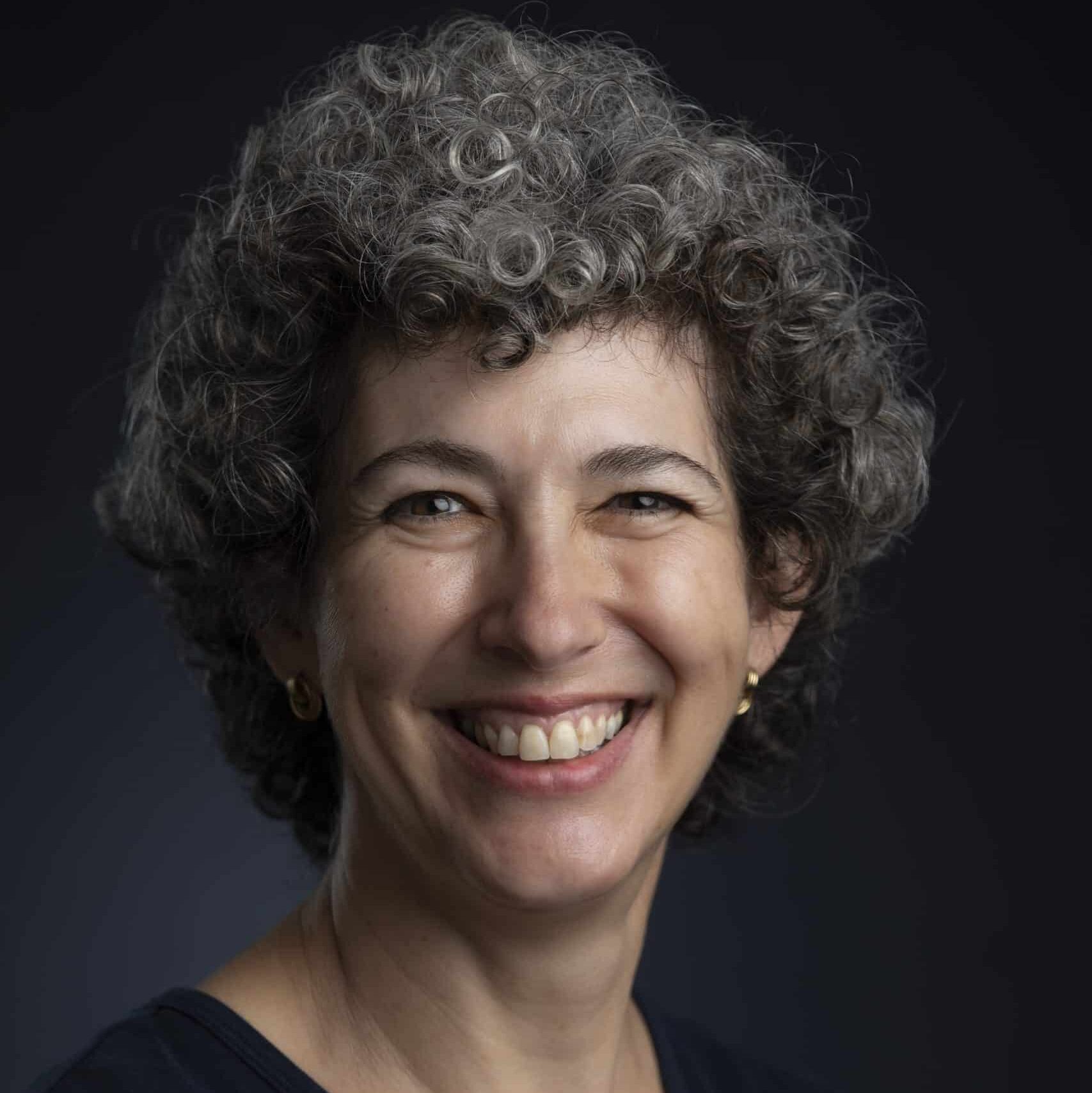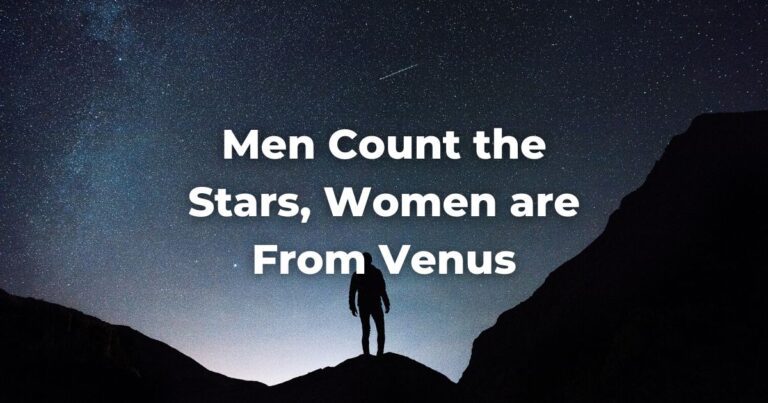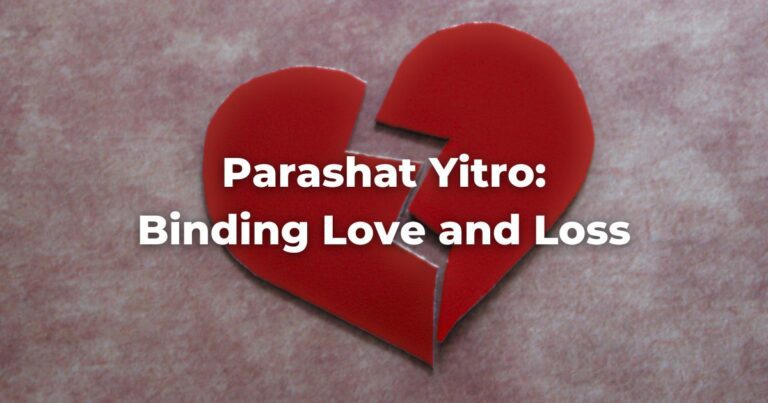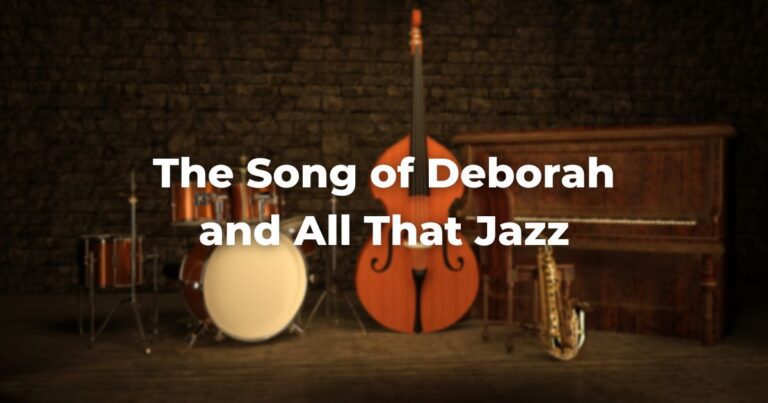A study guide for Parashat Vayishlach
Text: Genesis 33: 1-4
1 And Jacob lifted his eyes and saw, and behold, Esau was coming, and with him were four hundred men. And he divided the children among Leah, Rachel, and the two maidservants… 3 Then he crossed over before them and bowed himself to the ground seven times, until he drew near to his brother. 4 And Esau ran to meet him, and embraced him, and fell on his neck and kissed him, and they wept.
- What does Jacob seem to expect from Esau’s imminent arrival? Is there any basis for this expectation?
- Why does Jacob bow to the ground seven times until he reaches Esau?
- What seems to be Esau’s reaction upon arriving? Why do you think that he ran to meet Jacob? How did you expect Esau to meet Jacob? Why? (Their last joint story was in chapter 27.)
Commentary: Rashi on Genesis 33:4
And embraced him—His pity was aroused when he saw him prostrating himself so many times (Genesis Rabbah 78:8).
And kissed him—Dots* are placed above the letters of this (“kissed”) word, and a difference of opinion is expressed in the Baraita of Sifré as to what these dots are intended to suggest: some explain the dotting as meaning that he did not kiss him with his whole heart, whereas R. Shimon the son of Yohai said: Is it not well-known that Esau hates Jacob? But at that moment his pity was aroused, and he kissed him with his whole heart.
*These dots are marked in the TorahRefers to the first five books of the Hebrew Bible, the Tanakh, also called the Five Books of Moses, Pentateuch or the Hebrew equivalent, Humash. This is also called the Written Torah. The term may also refer to teachings that expound on Jewish tradition. Read more itself and suggest some question regarding the existence of the word in this setting.
Rashi brings the midrashic implications.
- Each reading suggests that the word(s) “and he kissed him” may be out of place, either because a kiss would be expected of a brother, but Esau did so half-heartedly; or because it was not expected of Esau, and he surprised everyone by being a loving brother. Which reading bests suits your understanding of Esau? Why?
- Which reading best suits Jacob’s expectations as seen in v.1?
- Which reading is kinder to Esau? Why?
- According to R. Shimon Ben Yochai, how would Esau normally have greeted Jacob? What in the situation might have changed his mind?
Commentary: R. Joseph Bechor Shor Bereshit 33:4
And Esau ran to meet him—So that he will not bow any more.
- Why do you think that Esau did not want Jacob to bow anymore?
- How does that reading play out in each of the midrashic readings that Rashi brought?
- How does Bechor Shor understand Esau’s expectation of this meeting?
See more: Parashat Vayishlach
Originally posted as part of the Conservative Yeshiva at the Fuchsberg Jerusalem Center’s Torah Sparks. Support Torah learning from the Fuchsberg Jerusalem Center/Conservative Yeshiva for leaders and seekers around the world here.
Authors
-

Vered Hollander-Goldfarb teaches Tanach and Medieval Commentators at the Conservative Yeshiva and is a regular contributor to Torah Sparks, FJC’s weekly message on the weekly Torah portion. She received her M.A. in Judaic Studies and Tanach from the Bernard Revel Graduate School of Yeshiva University and studied at Bar-Ilan University and the Jewish Theological Seminary. Before making aliyah, Vered taught at Ramaz School and Stern College in New York.
View all posts -



The Fuchsberg Jerusalem Center (FJC) is a home in the heart of Jerusalem where leaders and seekers can find an authentic place in Jewish tradition to call their own. FJC offers opportunities to study, pray and explore within an egalitarian and inclusive setting, creating multiple pathways for finding personal and communal meaning.
View all posts






